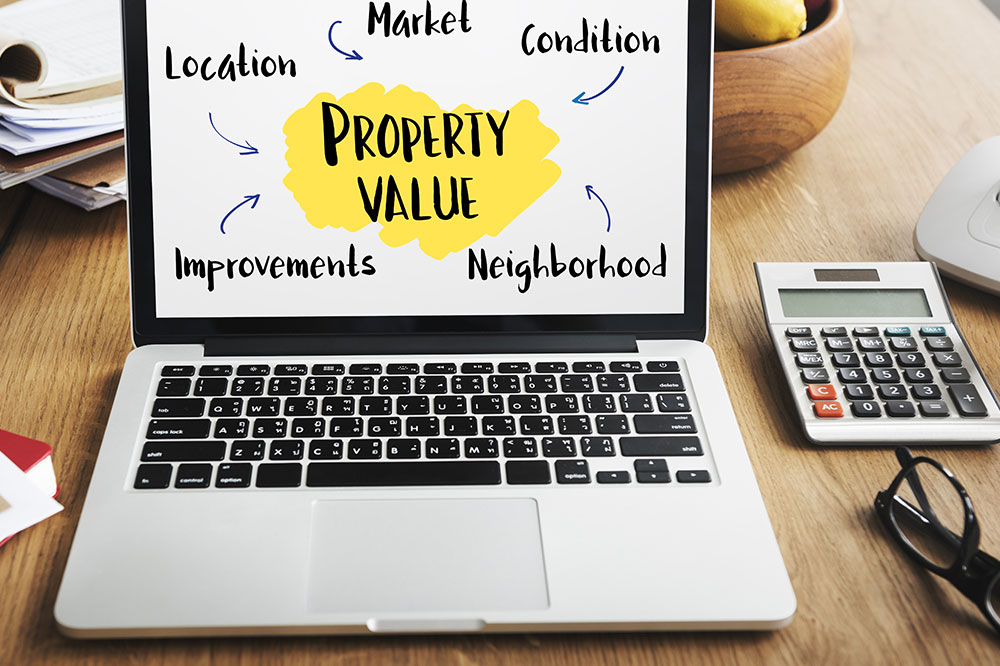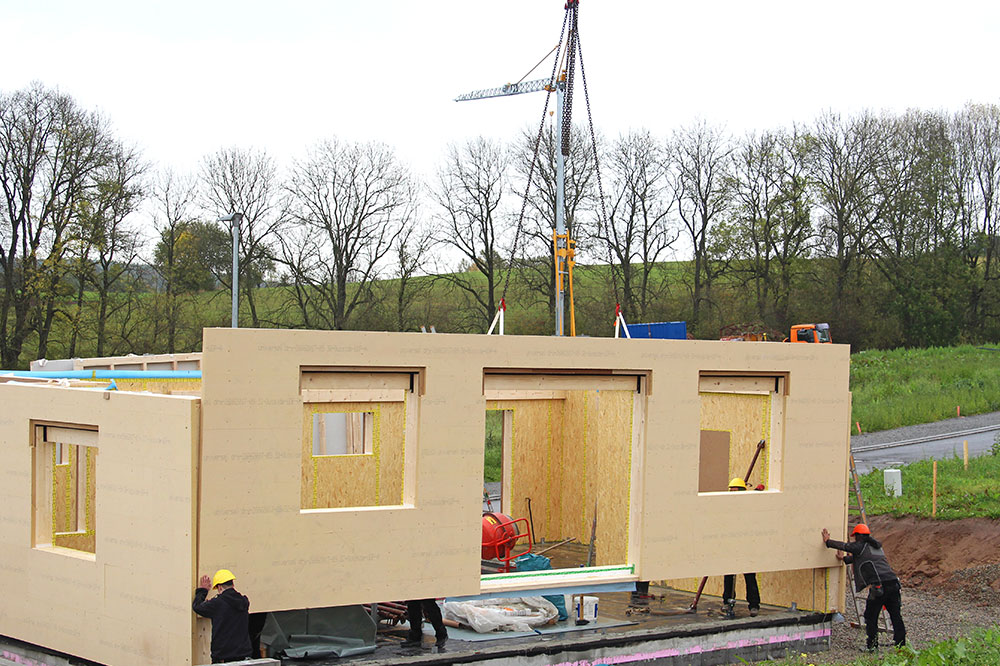Understanding Home Book Value: Key Insights and Calculation Methods
Learn essential insights into calculating and understanding a home's book value. This guide covers purpose, calculation methods, and tips for accurate assessment, helping homeowners and buyers make informed financial decisions by understanding the difference between book value and market value. Utilizing expert advice and research ensures precise valuation for investment, selling, or financing needs.

Understanding Home Book Value: Key Insights and Calculation Methods
The book value of a property reflects its worth after accounting for depreciation and improvements. A vital concept in real estate, it influences tax calculations and resale price assessments. This value is based on the property's original cost, adjusted for depreciation over time, which can differ significantly from current market value. Here's what you need to know about home book value:
What exactly is home book value?
The book value represents the property's original purchase price minus accumulated depreciation. For example, if you recently bought a home or asset, that purchase price is its initial book value. It factors in any renovations minus depreciation to reflect an asset's current worth for accounting or investment purposes. Market value, however, depends on current real estate trends in your area.
Purpose of calculating book value
Knowing the book value helps in securing financing, as lenders often require this figure before approving loans. It also helps homeowners determine the fair price of their property when selling, compare it against current market value, and assess whether their home is over or undervalued. Additionally, tracking book value is essential for accurate financial statements and taxation.
How to calculate home book value
Suppose you purchased a property 20 years ago for $60,000 and invested $35,000 in upgrades. The total cost now is $95,000. To find the book value, deduct depreciation accumulated over the years, which involves multiplying an average annual depreciation by the property's age. The formula used is:
Home book value = Original purchase price − total accumulated depreciation
Tips for accurate calculation
Ensure proper recordkeeping of asset values in financial statements. When buying a home, include the original purchase cost and annual depreciation expenses. If the book value falls below the current market value, it indicates asset impairment. For precise determination, consider consulting professionals, especially when dealing with mobile or specialized properties.
Hire experts: Real estate specialists can evaluate your property using tools like the NADA Manufactured Housing Appraisal Guide, considering factors like age, size, location, and condition to determine accurate value.
Conduct your own research: Review recent sales in your neighborhood, assess property features, and evaluate condition to estimate value. Proximity to amenities and property condition influence market worth. Check annual tax assessments for appreciation trends.
Limitations
Relying solely on book value might not reflect actual market conditions since factors like neighborhood development or market demand are not accounted for. Therefore, the market price could be significantly higher than the book value. For a comprehensive understanding, combining appraisal methods and professional advice is advisable.










